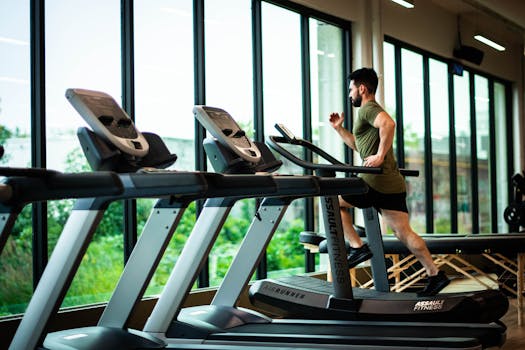
Introduction
Running is a rewarding activity, but bad weather can often present a challenge. Rain, snow, wind, and extreme temperatures don't have to derail your running routine. Here's how runners effectively cope with unfavorable conditions.
Dressing Appropriately
- Layering: Wear moisture-wicking base layers in cold weather and lightweight, breathable fabrics in the heat.
- Waterproof Gear: Invest in water-resistant jackets and shoes to stay dry during rain.
- Accessories: Hats, gloves, and buffs help protect exposed skin from the elements.
Adjusting the Routine
- Modify Your Route: Choose well-lit, sheltered paths or indoor tracks during thunderstorms or heavy snow.
- Change the Time: Run during milder parts of the day, such as early morning or late evening in summer.
- Shorten or Slow Down: It's okay to reduce speed or distance when the weather is challenging.
Staying Motivated
- Set Realistic Goals: Adjust expectations and focus on maintaining consistency rather than hitting personal records.
- Find a Buddy: Having a running partner can keep you motivated and accountable.
Safety First
- Be Visible: Wear reflective gear and bright colors in low-light conditions.
- Watch for Hazards: Be cautious of slippery surfaces, fallen branches, and icy patches.
- Listen to Your Body: Know when to skip an outdoor run and opt for a treadmill workout instead.
Conclusion
Bad weather doesn't have to keep you from running. With proper preparation and a positive mindset, you can stay active and safe throughout any season!
Comments
Post a Comment